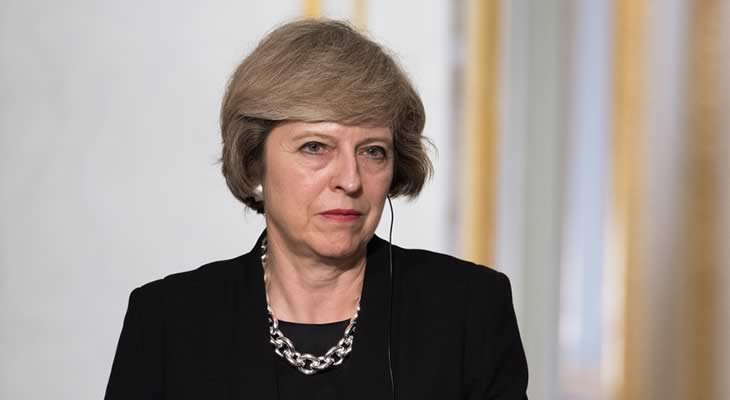The Pound Euro exchange rate could be on track to see losses this week if Friday’s highly anticipated Brexit speech disappoints investors. Meanwhile, Euro traders will be keeping an eye on Markit’s upcoming Eurozone PMIs.
GBP EUR has seen mixed movement since markets opened on Monday. The pair began the week trending at around 1.1377 and after dipping to a low of 1.1247 on Tuesday the pair recovered above 1.13 again.
Pound (GBP) Sturdies Ahead of Key Brexit Speech
Amid a lack of highly influential UK data on Thursday, investors adjusted positions on the Pound and awaited the upcoming key Brexit speech.
News that Britain’s public deficit had dropped 18% year-on-year, to £5.7b, was generally optimistic and made it the smallest August deficit since 2007. Sterling still saw mixed trade however.
On Friday, UK Prime Minister Theresa May will be holding a major Brexit speech in Florence, the capital city of the Italian region of Tuscany.
Some commentators have called the current state of Brexit negotiations a ‘deadlock’, and this speech is being seen as the best opportunity to break it and help negotiations to proceed.
May will be giving an update on Brexit negotiations thus far, and many expect her to discuss or even make some kind of indication on what Britain is willing to pay towards the UK-EU divorce bill.
Reports have emerged that the speech would include an ‘open and generous’ offer to the EU. As a result, markets have been anxious about how exactly the upcoming speech could impact Brexit negotiations and the long-term Pound outlook.
During Wednesday’s session, the Pound outlook was boosted by a strong UK retail sales report.
As retail sales beat expectations in every major print this bolstered hopes that Britain’s economy would be able to support tighter monetary policy from the Bank of England (BoE) in the foreseeable future.
As a result, if Friday’s Brexit speech impresses investors, Sterling could surge as hopes rise about a more hawkish BoE and a more optimistic Brexit outlook.
Euro (EUR) Investors Anticipate PMI Projections
Recent Eurozone data has not been enough to improve the Euro outlook.
Investors already widely expect the European Central Bank (ECB) to begin unwinding its aggressive quantitative easing (QE) scheme over the coming months.
For now, the long-term question for the Eurozone economy and the ECB is how long it will take before Eurozone inflationary pressures are strong enough to support tighter policies like higher interest rates.
ECB officials have recently indicated that policy would need to remain accommodative in order to counter subdued inflation as well as the strength of the Euro itself.
As a result, Euro bullishness has cooled and it would likely take a surprisingly strong influential dataset or a fresh hawkish ECB statement to encourage more buying.
The latest Eurozone ecostats have helped the shared currency to remain relatively buoyant though.
ZEW’s German economic sentiment surveys and Germany’s latest PPI results both beat expectations. The Netherlands’ unemployment rate unexpectedly improved in August too, from 4.8% to 4.7%.
The more long-term Euro outlook could be influenced by major Eurozone news in the coming sessions however. If Friday’s September PMI projections from Markit impress, this could increase hopes that the Eurozone economy will continue to recover at a strong pace.
This Sunday’s upcoming German federal election could also influence the Euro outlook if its result surprise in some way, though it’s expected German Chancellor Angela Merkel will win a fourth term.
Key preliminary inflation data for September will begin to come in next week, which could give Euro traders a stronger indication of how price pressures are shifting.
GBP EUR Interbank Rate
At the time of writing this article, the Pound Euro exchange rate trended in the region of 1.1330. The EUR GBP exchange rate traded at around 0.8822.


Comments are closed.